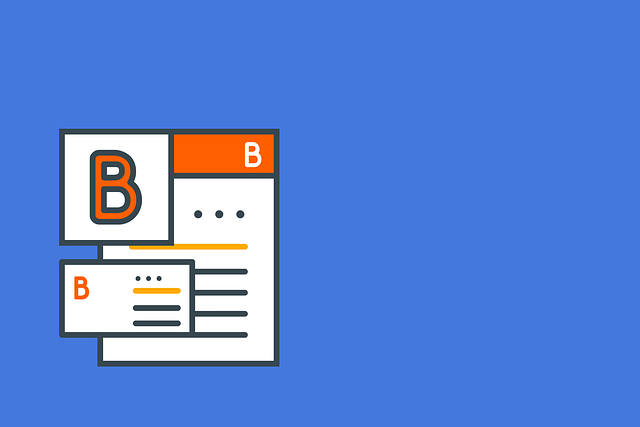AI is transforming energy management in mobile homes by leveraging machine learning to analyze smart meter data and IoT sensors, enabling efficient identification of consumption patterns and inefficiencies. This technology ensures strict adherence to environmental standards through continuous anomaly detection, reducing penalties and promoting sustainability. By implementing AI tools for predictive analysis and optimized energy distribution, mobile home parks can enhance operational efficiency, cut costs, and maintain regulatory compliance, all while contributing to a greener industry.
In today’s digital era, Artificial Intelligence (AI) is transforming energy management across various sectors, and mobile home parks are no exception. This article delves into the pivotal role of AI in enhancing energy analytics for these communities, enabling efficient and compliant operations. We explore the benefits of regulatory monitoring using AI to ensure adherence to energy standards, reducing costs, and minimizing environmental impact. Additionally, a step-by-step guide is provided to help park managers implement this game-changing technology effectively.
- Understanding AI's Role in Energy Analytics for Mobile Homes
- The Benefits of Regulatory Monitoring for Compliance
- Implementing AI: A Step-by-Step Guide for Mobile Home Parks
Understanding AI's Role in Energy Analytics for Mobile Homes

Artificial Intelligence (AI) is transforming energy analytics across various sectors, and its impact on mobile homes is no exception. By leveraging machine learning algorithms, AI can analyze vast amounts of data generated by smart meters and other Internet of Things (IoT) devices installed in mobile homes. This enables a deeper understanding of energy consumption patterns, identifying inefficiencies, and pinpointing areas for improvement.
In the context of regulatory monitoring, AI plays a pivotal role in ensuring mobile home compliance with energy efficiency standards. It can automatically detect anomalies, such as excessive energy usage or unexpected spikes, flagging potential issues that require attention. This proactive approach not only helps homeowners reduce their carbon footprint but also allows regulatory bodies to enforce compliance more effectively, fostering a sustainable and environmentally friendly mobile home industry.
The Benefits of Regulatory Monitoring for Compliance

AI-driven regulatory monitoring is transforming the way mobile homes manage their energy usage, ensuring strict compliance with environmental standards. By continuously analyzing data from various sensors and systems, AI algorithms can detect patterns and anomalies in energy consumption, helping owners and managers identify potential issues promptly. This proactive approach not only reduces the risk of penalties but also optimizes energy efficiency, leading to significant cost savings over time.
Moreover, regulatory monitoring enhances transparency and accountability. It provides detailed insights into energy-related activities, allowing for better-informed decisions and strategic planning. With AI, mobile home communities can stay ahead of evolving regulations, maintain high environmental standards, and contribute to a more sustainable future while adhering to the necessary compliance requirements.
Implementing AI: A Step-by-Step Guide for Mobile Home Parks

Implementing AI technology in mobile home parks can significantly enhance energy management and ensure regulatory compliance. Here’s a step-by-step guide to get started:
1. Assess Energy Usage Patterns: Begin by gathering comprehensive data on energy consumption within your park. Identify peak usage times, typical appliances or systems that draw the most power, and seasonal variations. This foundational knowledge will help you set baselines for efficient operations.
2. Choose the Right AI Tools: Select AI-powered solutions tailored to mobile home energy management. These could include smart meters, predictive analytics platforms, or automated regulatory monitoring software. Ensure these tools integrate seamlessly with your existing infrastructure to maximize efficiency.
3. Implement Smart Monitoring Systems: Install smart sensors and devices in each mobile home to track real-time energy usage. These sensors can detect anomalies, identify areas of high consumption, and provide data for AI algorithms to learn from.
4. Train AI Models: Utilize the collected data to train machine learning models capable of predicting energy demands, identifying inefficiencies, and suggesting optimization strategies. Focus on natural language processing for regulatory monitoring, ensuring compliance with local AI privacy laws and standards.
5. Optimize Energy Distribution: Leverage AI insights to adjust energy distribution efficiently. For instance, the system can schedule heating or cooling based on weather forecasts and occupancy data, reducing unnecessary energy consumption.
6. Regularly Update and Analyze: Continuously update AI models as new data becomes available. Regular analysis ensures the system remains accurate and effective in optimizing energy usage and maintaining compliance with AI regulatory standards for mobile home parks.
AI has the potential to revolutionize energy management in mobile homes by offering advanced analytics and predictive insights. Through AI-driven regulatory monitoring, mobile home parks can ensure compliance with energy efficiency standards, leading to significant cost savings and reduced environmental impact. By following a structured implementation guide, park managers can leverage AI technologies to optimize energy usage, create more sustainable living environments, and enhance the overall resident experience. Embracing AI for energy analytics is a strategic move towards a greener future for mobile home communities.
